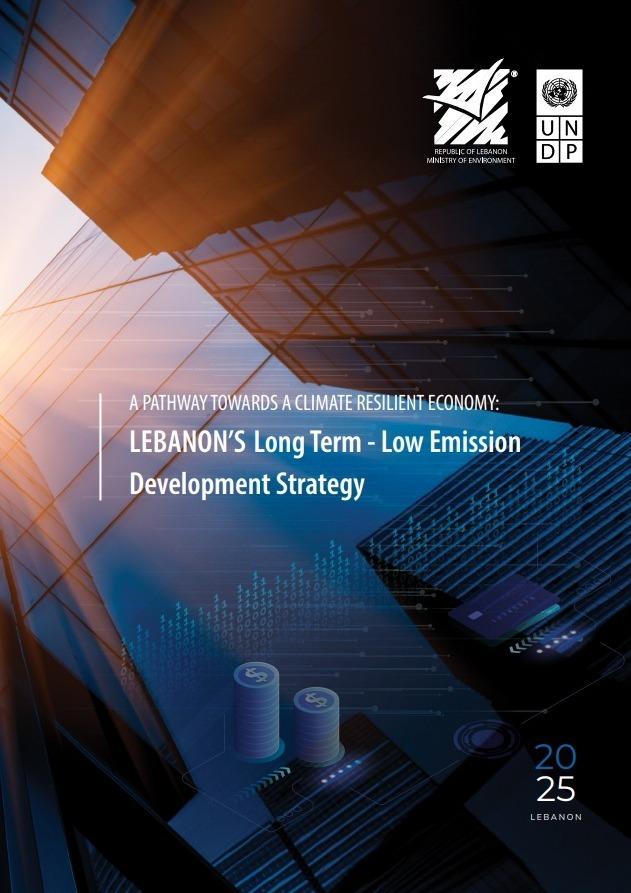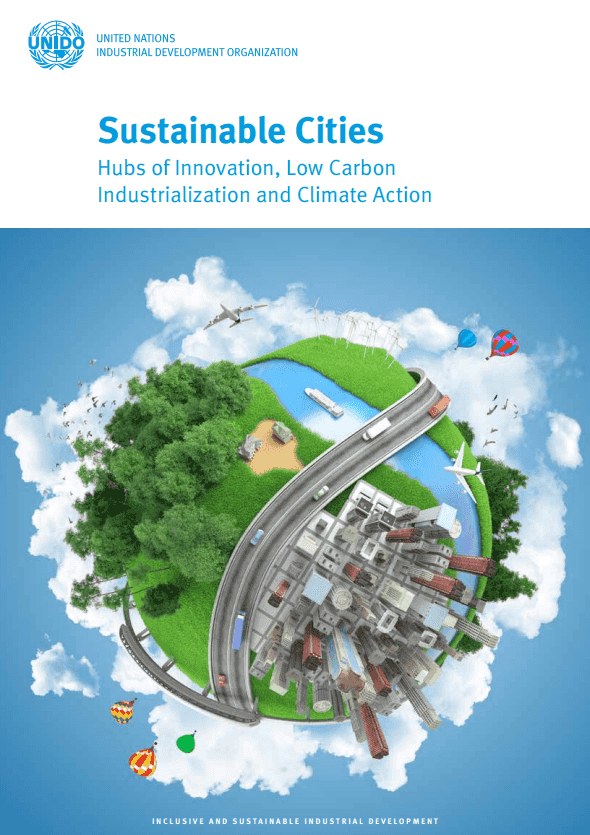The Long-Term Low-Emission Development Strategy (LT-LEDS) for Lebanon, launched by the Ministry of Environment with support from UNDP, offers a comprehensive roadmap to steer Lebanon toward a climate-resilient, low-carbon economy by 2050. Developed in response to Article 4.19 of the Paris Agreement, the LT-LEDS aligns Lebanon’s development goals with climate action. It integrates both reform and no-reform scenarios, demonstrating the potential for measurable economic growth, improved public health, and poverty reduction.
Under the LEDS scenarios, Lebanon can reach net-zero emissions by mid-century and reduce cumulative climate damages by up to 12.2%. The strategy emphasizes reforms, renewable energy expansion, climate-smart agriculture, improved transportation and water infrastructure, and green job creation. It also projects a 42–53% increase in GDP compared to a business-as-usual trajectory and anticipates significant gains in disposable income and employment.
The LT-LEDS outlines concrete sectoral actions—such as installing 500 MW of renewable energy, drip irrigation on 10,000 hectares, electrifying transport, and achieving 100% wastewater treatment—supported by a financing strategy centered on the Lebanon Green Investment Facility (LGIF). The total investment needed is estimated at $12.8 billion by 2030, with a projected benefit-to-cost ratio of 5.14 by 2050. The strategy also encourages private sector engagement, green bonds, and debt-for-climate swaps to mobilize resources. It positions Lebanon to access international climate funds and support sustainable economic recovery while addressing long-standing structural challenges. By promoting inclusive governance and leveraging innovative financing, the LT-LEDS serves as a transformative blueprint for Lebanon’s green transition.








